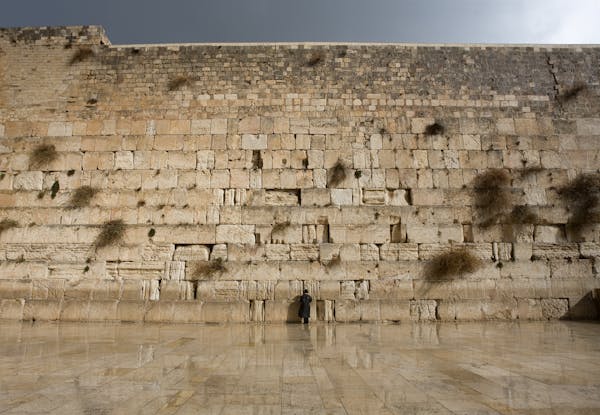It is always unpleasant to watch a man die. Saul understood this but he participated in the event anyway. Perhaps he forced himself to watch while the leaders of the highest ecclesiastical body in the Jewish nation nailed a man to the ground with a volley of large stones. Or perhaps he chose to do it in order to strengthen the zeal coursing through his veins. Stephen was, after all, a heretic. A man who had blasphemed God and the temple; the nexus between heaven and earth. Perhaps it occurred to Saul that in order to be both a good Jew and a good leader he needed to force himself to do hard things.
Regardless of his thought process the martyrdom of Stephen pierced his conscience. He knew that what he was watching, as he guarded a pile of cloaks, was wrong. He heard Stephen’s plea to Jesus to receive his spirit. Heard his prayer of forgiveness for those who killed him. All of this converged into a tiny sliver of conviction that punctured Saul’s well constructed Pharisaical armour.
Like a grain of sand inside the mouth of an oyster the truth began to chafe. It rubbed him raw, leaving him as bruised and bleeding as the man he had watched being bludgeoned to death. In order to fix the problem Saul did the only thing he could think of; he fought the very thing that seemed to draw him.

